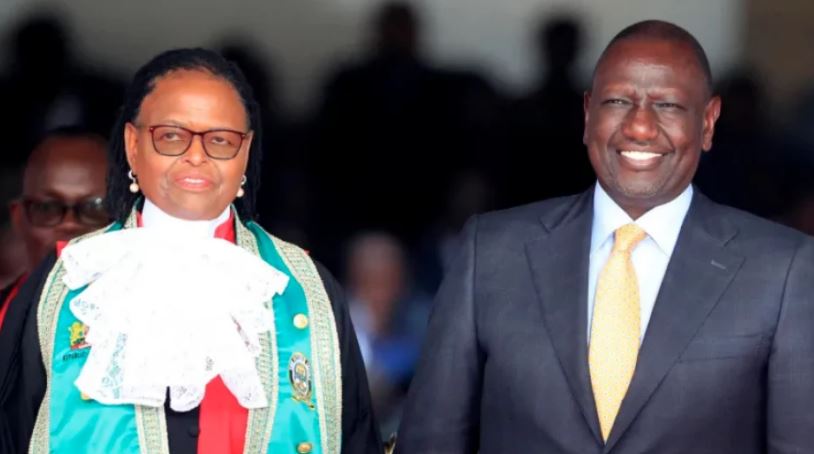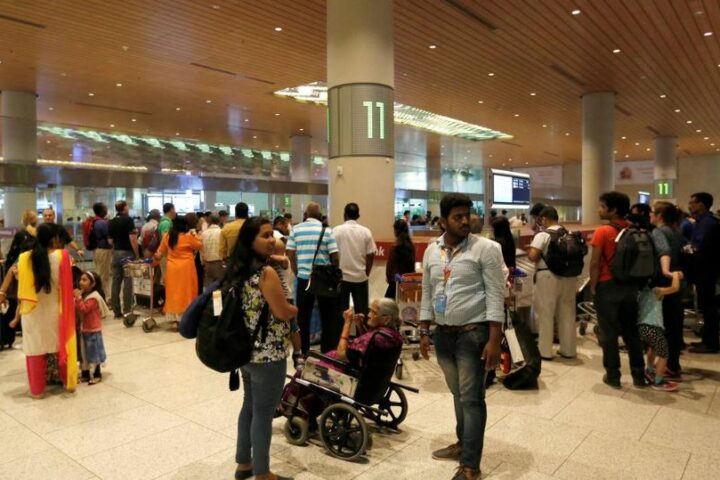 Chief Justice (CJ) Martha Koome has prohibited the use of makeshift structures as courtrooms following the shooting of Madaraka Law Courts Principal Magistrate Monica Kivuti on June 13, 2024.
Chief Justice (CJ) Martha Koome has prohibited the use of makeshift structures as courtrooms following the shooting of Madaraka Law Courts Principal Magistrate Monica Kivuti on June 13, 2024.
In a statement issued on June 17, 2024, Koome highlighted that the judiciary has consistently requested adequate resource allocation from President William Ruto’s officer to improve court facilities, but this request has not been fully addressed.
“From now on, judicial services will no longer be conducted in makeshift structures,” Koome declared.
She added, “It should be recalled that in the past, the Judiciary has repeatedly requested the Executive and Parliament for sufficient resource allocation to upgrade our court facilities to standards that would guarantee efficient and safe execution of judicial duties. This goal is yet to be fully realized.”
CJ Koome emphasized that makeshift courts expose judicial officers to danger, hence the decision to discontinue their use.
“In appreciation of these gaps, we will not expose Judiciary personnel to insecurity risks and will ensure that security, especially where infrastructure is inadequate, is not compromised,” she stated.
Additionally, Koome announced that judges, judicial officers, and staff will utilize virtual courts and secure permanent facilities as necessary.
“I am proud of and grateful to all Judges, Judicial Officers, and Staff who, despite extremely challenging circumstances, continue to deliver justice to Kenyans. As appreciated by the Judiciary Leadership Team (JLT) during its meeting on 15th June 2024, the death of Hon.Kivuti, who died in the line of duty, will not be in vain,” she added.
Koome mentioned that she consulted with Inspector General of Police (IG) Japhet Koome, who assured that security in court premises and for judges and judicial officers nationwide has been bolstered.
Furthermore, she stated that the judiciary will persist in internal consultations and collaborate with other pertinent government agencies and stakeholders to thoroughly tackle identified security deficiencies.








